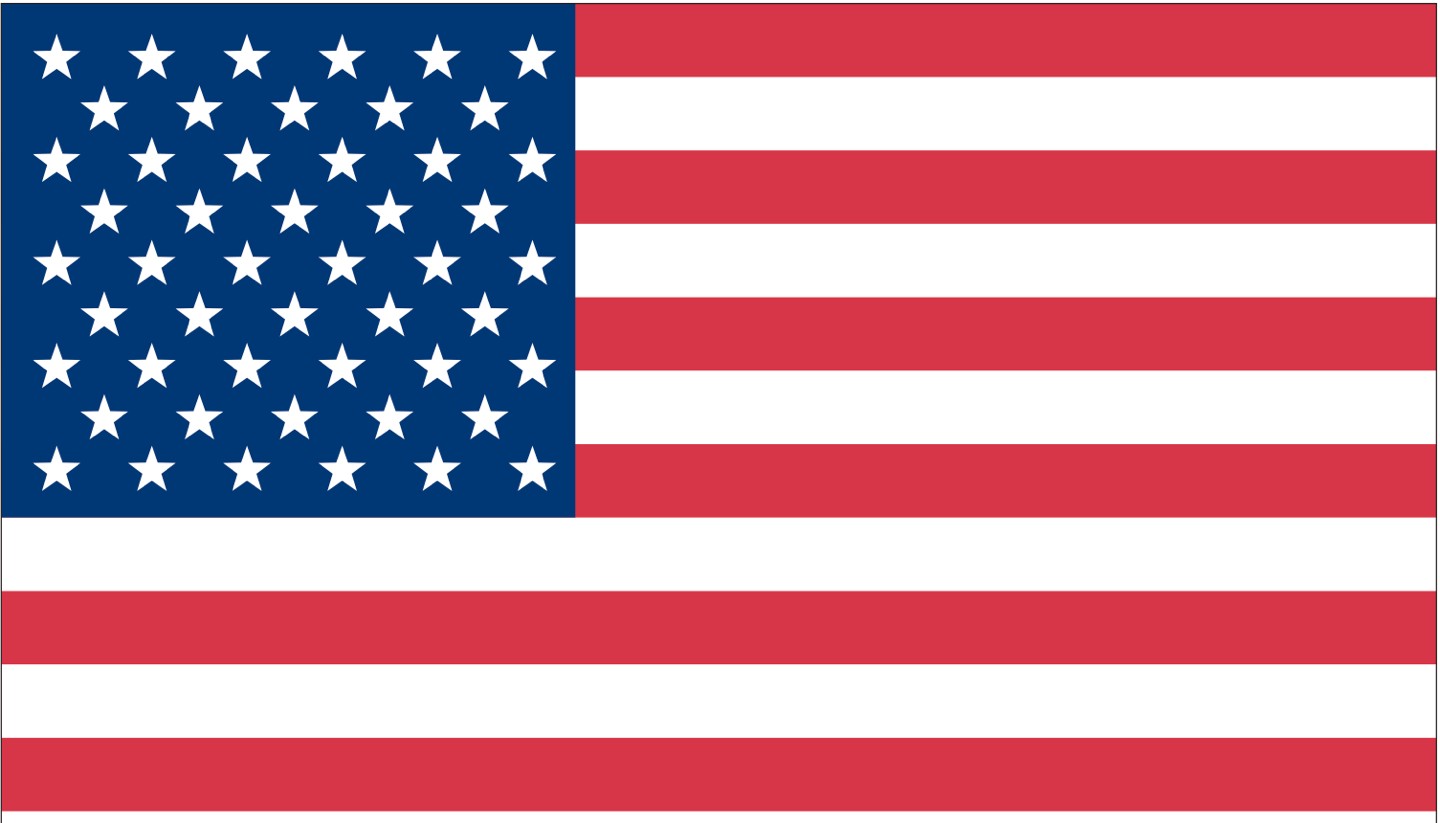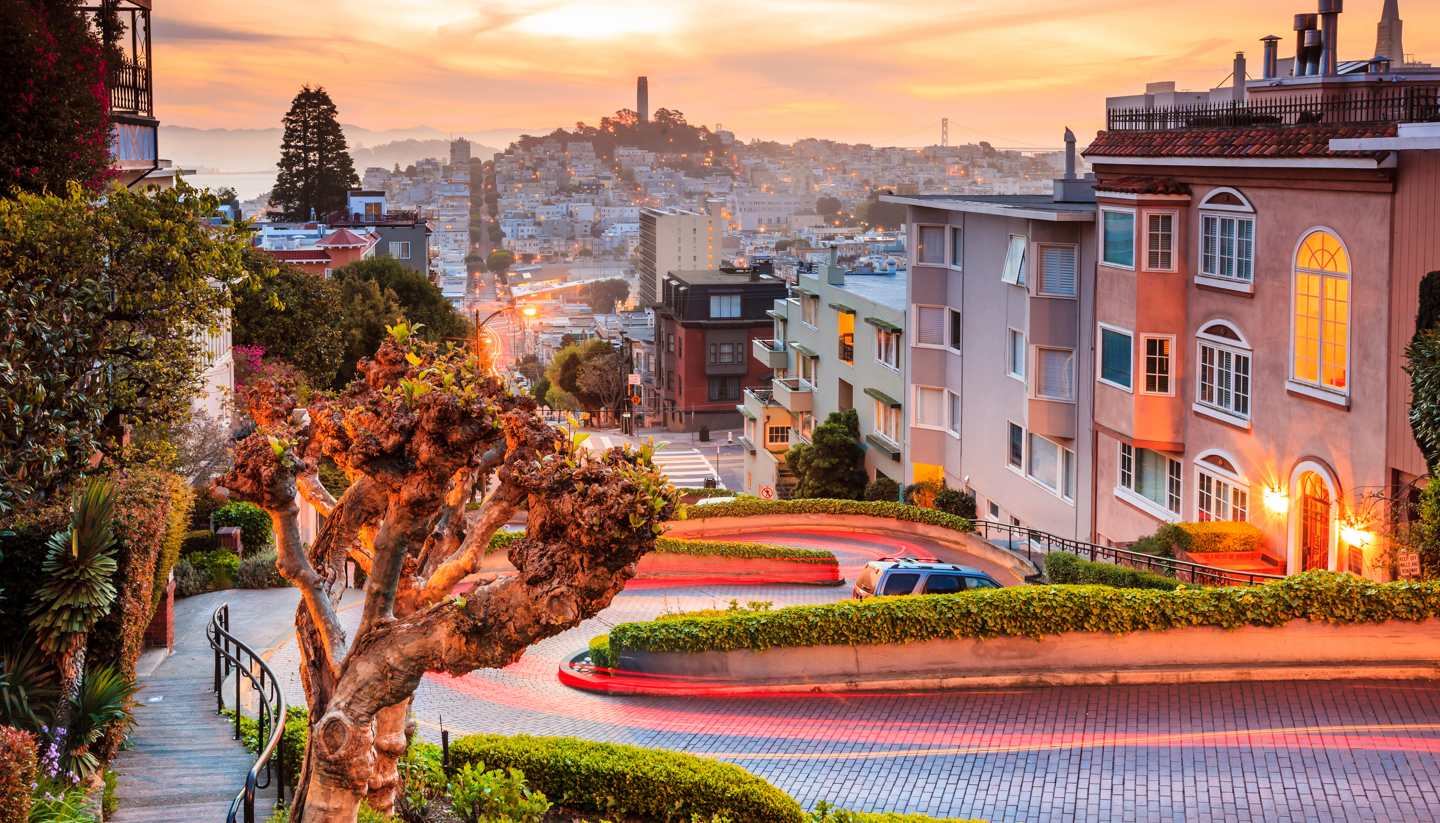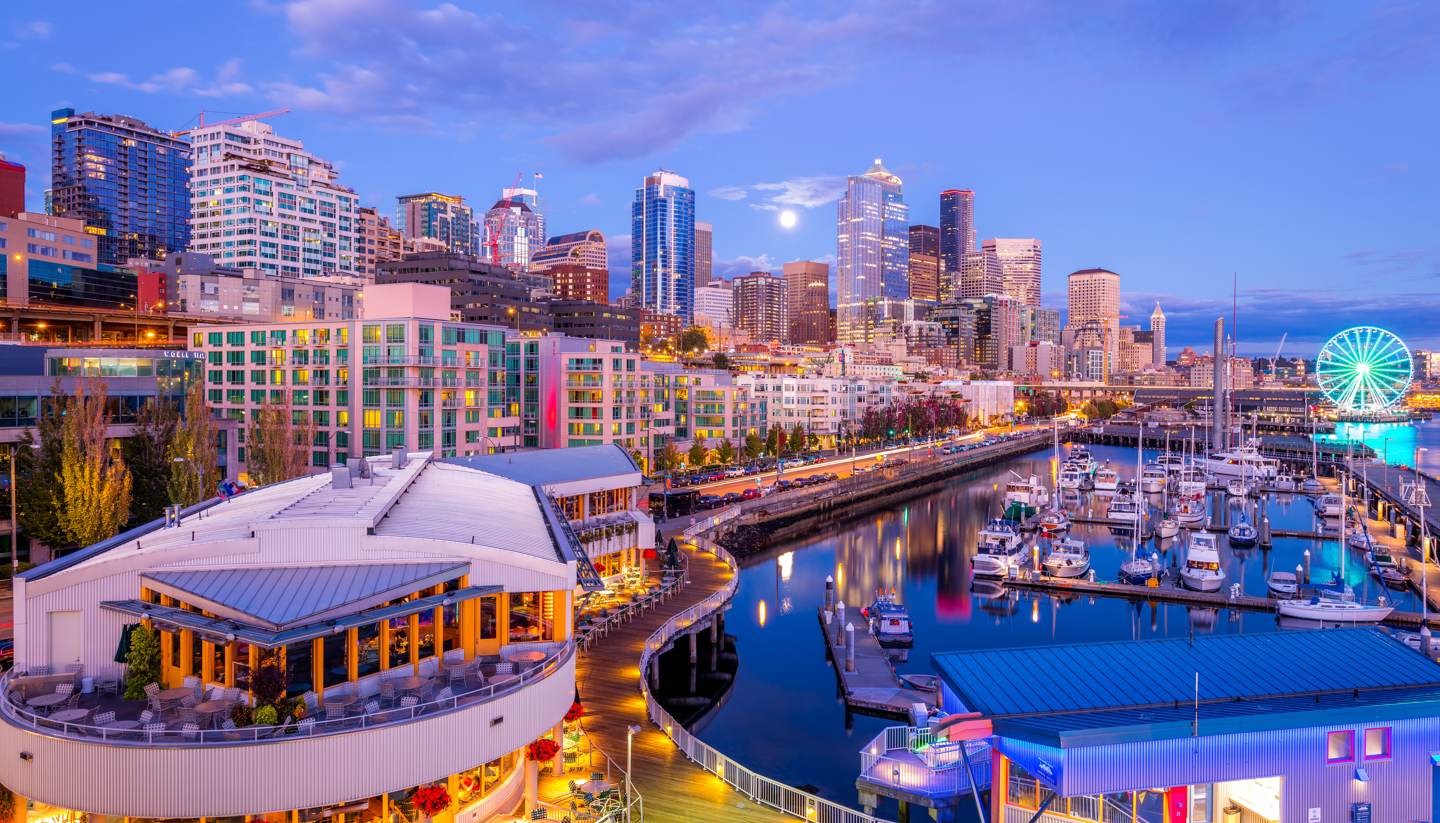Where to stay in United States of America
Hotels
The United States offers a wide range of accommodation options to suit all budgets and travel styles, from luxurious city hotels to rustic countryside cabins. You'll find everything from major international hotel chains and boutique inns to roadside motels, hostels, vacation rentals, and bed-and-breakfasts.
In cities, travellers can choose from high-rise hotels, boutique stays, and short-term rentals (like Airbnb), with easy access to attractions, dining, and public transport. Business travellers often favour large chains like Hilton, Marriott, or Hyatt, while independent hotels and design-led properties are popular in trendier districts.
Motels—short for "motor hotels"—are a classic American experience, often located along highways and offering convenient, budget-friendly lodging with parking just outside your door. Budget chains like Motel 6, Super 8, and Red Roof Inn are widely available across the country.
Camping
Camping is a popular and well-supported way to explore the United States, especially in the country's many national parks, state parks, and forested areas. From basic tent sites to fully equipped RV (recreational vehicle) parks, there are options to suit every level of comfort and adventure.
Campsites are generally well maintained and often come with picnic tables, fire pits, toilets, and in many cases, showers and electricity. Some offer extras like hiking trail access, ranger programmes, or even lakes for swimming and boating. Popular camping destinations include Yosemite, Yellowstone, Grand Canyon, and the Great Smoky Mountains, so it's advisable to book well in advance, especially during peak summer months.
RV travel is a uniquely American experience, with many people touring the country in rented campervans or motorhomes. RV parks can be found nationwide, often offering full hook-ups for water, power, and waste disposal.
Wild camping (dispersed camping) is allowed in certain parts of national forests and Bureau of Land Management (BLM) land, usually free of charge—but campers should follow Leave No Trace principles and check local regulations before setting up. Wild camping is not permitted in national parks unless in designated backcountry zones with a permit.





